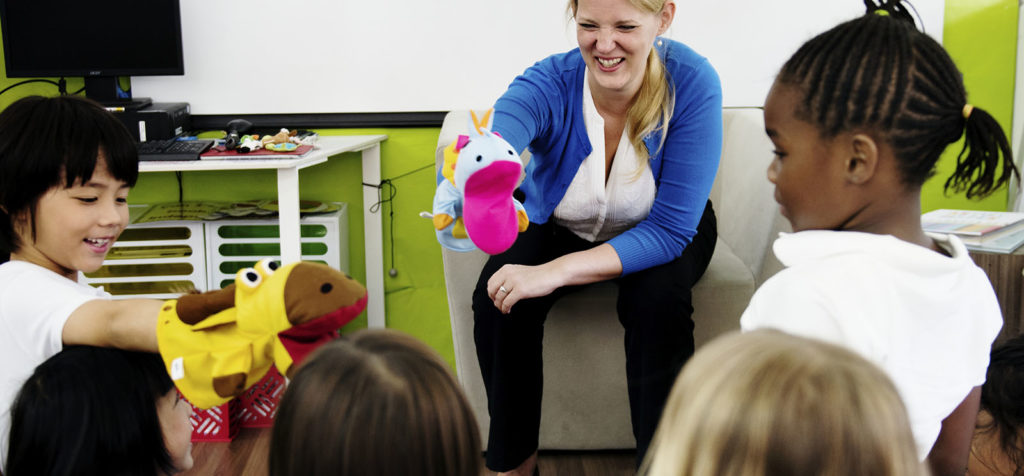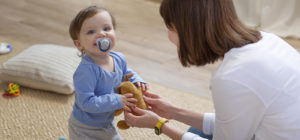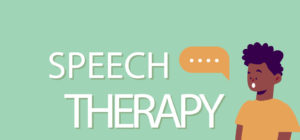It’s thrilling to hear your child say their first words. However, while baby talk is adorable, you might be a little worried when they still mispronounce words at a certain age or develop other problems, such as stuttering. It can help improve your child’s communication by focusing on articulation, language intervention, and other speech activities.
Almost all children make errors when learning to speak. However, early diagnosis of speech disorder can help avoid the negative impacts on your child’s self-esteem, communication skills, and social relationships. Here are some tips to make speech therapy fun and encouraging from home!
Practise
If your child has consistent trouble with specific speech sounds, they may have apraxia of speech. However, don’t be discouraged! Instead, motivate them to keep trying. Once they can say it easily, you can have them practice saying syllables. For example, “bi-bi-bi” or “ba-ba-ba”. When that also becomes easier for them, you can move onto actual words that use that sound.
Repetition and patience are key. You can also take this opportunity to reward your child when they complete a set number of exercises to encourage them further. It’s also a great idea to celebrate their small successes!
Time to Talk
Casual communication is the most natural way for children to learn speech and could help with speech and language delays. By way of imitation, they can grasp how to use sounds and gestures appropriately. As a parent, you might have a lot going on, but it’s important to make time to have conversations with your child and listen to them patiently. Your daily interactions with them are vital to their development.
Storytelling is also a great way to teach children speech. You can turn simple routines into little stories or talk about things that interest them. Asking open-ended, thought-provoking questions allows them to express themselves beyond the simple “yes” or “no.” Talking slowly, using visual cues, enunciating clearly, and giving them time to respond are all vital to learning speech.
Read
This tip sounds simple, but reading is a powerful tool in speech and language development. Read a book to your child and have them read it back to you to provide excellent reinforcement. Start with books that contain rhymes and repetition of words and phrases. As they get older, you can gradually introduce more challenging books. To keep your little listener engaged, you can make the readings as dramatic or whimsical as possible.
You can also ask them questions during or after reading. Ask questions about the pictures, similar experiences your child has had, or what they would do if they find themselves in a similar situation. Moreover, reading the same book repeatedly helps build language skills while fostering security and familiarity.
Learn through play
Don’t overlook the power and value of play. Not only is it fun, but it can also be a great way to teach children language and communication skills.
There are a variety of creative and fun ways to develop your child’s speech during play. One way to do this is by incorporating toys that allow for communication. Examples of these include play phones, dolls, and action figures.
You can also use flashcards to focus on sounds they have difficulty with and reward them for getting a certain number of sounds or words correct. Singing can also encourage them to learn new words and express themselves verbally.
Engage in Activities
Modeling is a core piece of speech therapy programs. Parents can do this by repeating words in front of a mirror. Then, the child imitates and learns how to pronounce words and sounds. Letting your child speak in front of the mirror will also demonstrate how their mouth moves to make certain sounds.
Other physical activities, such as blowing bubbles, help strengthen facial muscles your child uses to speak.




